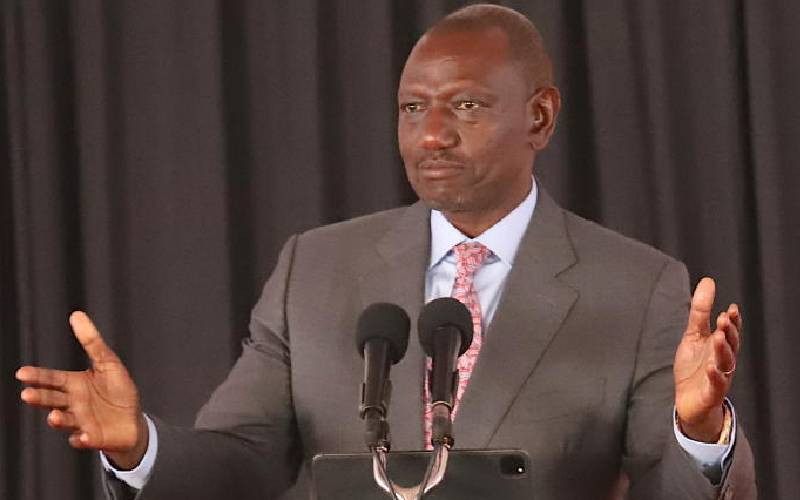×
The Standard e-Paper
Home To Bold Columnists

There are indications that after months of posturing, the government is mulling some amendments to the Finance Bill, 2023 whose proposals to introduce a string of taxes have generated stiff opposition and outrage from a cross-section of Kenyans.
In the last few weeks, amid widespread opposition, the government has acted tough, insisting that the Bill, which proposes a housing levy and an increase in fuel tax, must pass as it is.


